It is vividly reflected in the ancient poetry, almost all the famous poets and lyricists on the books basically love to drink!
The so-called:
The marriage of poetry and wine is inseparable. Between the cups and cups, the turbidity and lightness reflect the various states of the world and the vicissitudes of life.
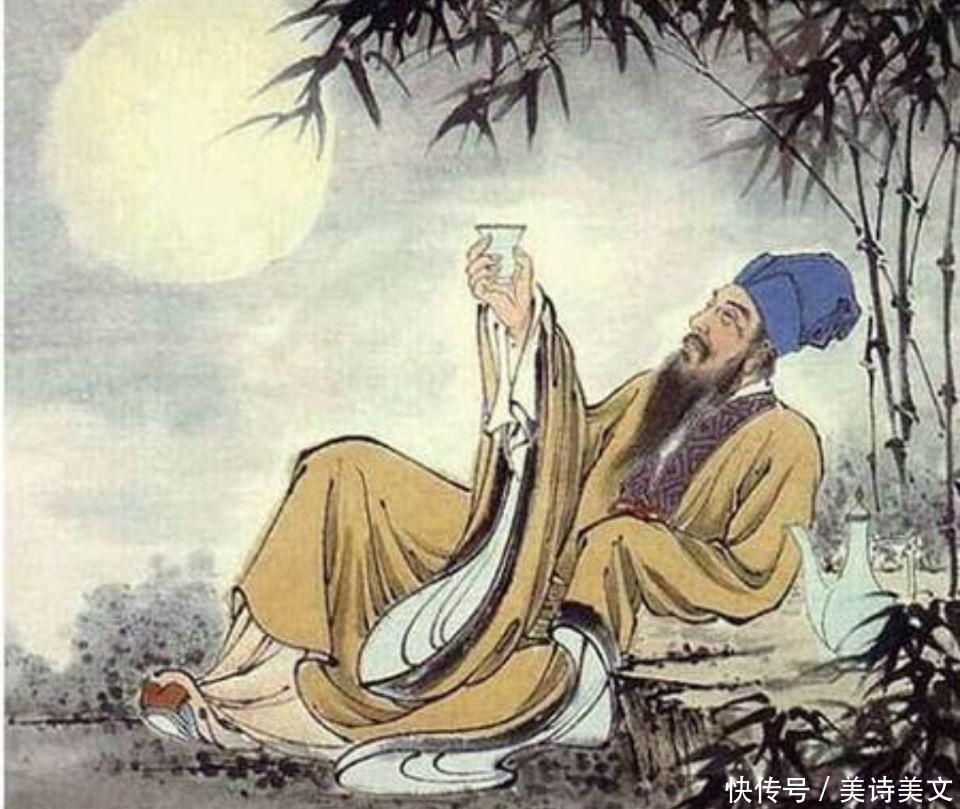
Taiwanese poet Love once said: If you squeeze Tang poetry and Song poetry, At least half a catty of wine will come out..
It’s a wonderful metaphor.
While tasting the mellow fragrance of these wine poems and imagining the scene of water flowing in a song, I couldn’t help but get a little drunk. I can’t compare to the wine-hungry poet below. He is the Dionysus in the word we are going to talk about today – Su Shi!
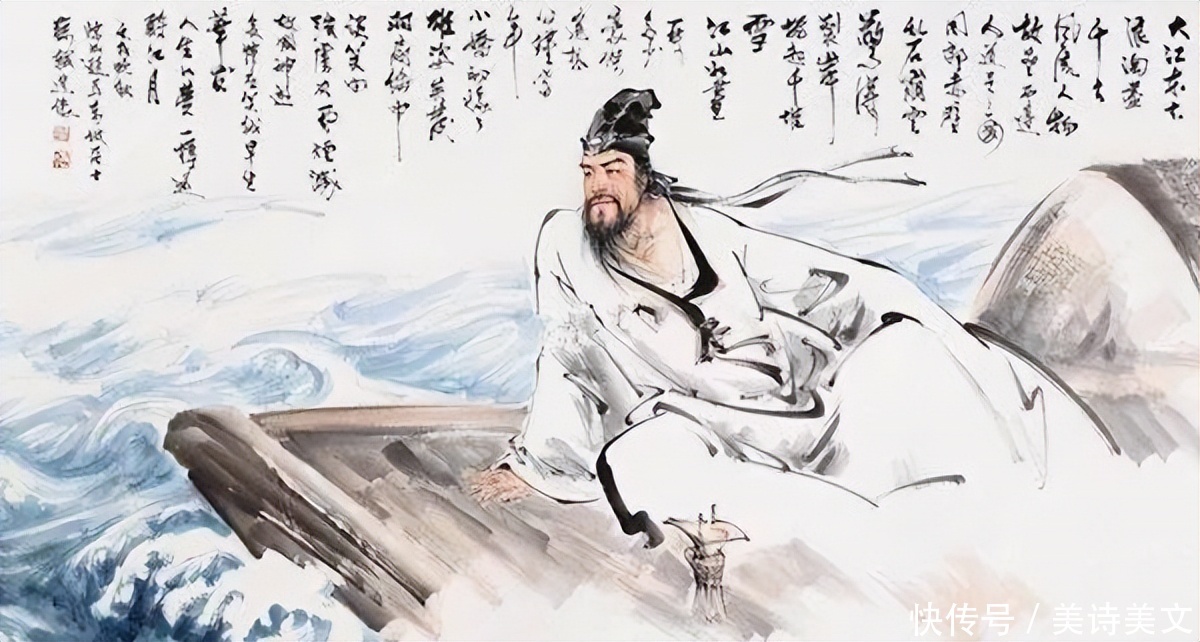
Once Su Shi asked his friend Chen Jichang to drink. But Chen Jichang is a strict wife, and every time he goes out to play, he needs to promise his wife to go home early before he can come out. But this time, I drank too much with Su Shi, and called a singer to cheer up the fun, and finally went back in the middle of the night. And Chen Jichang, who returned home, was naturally not having a good time.
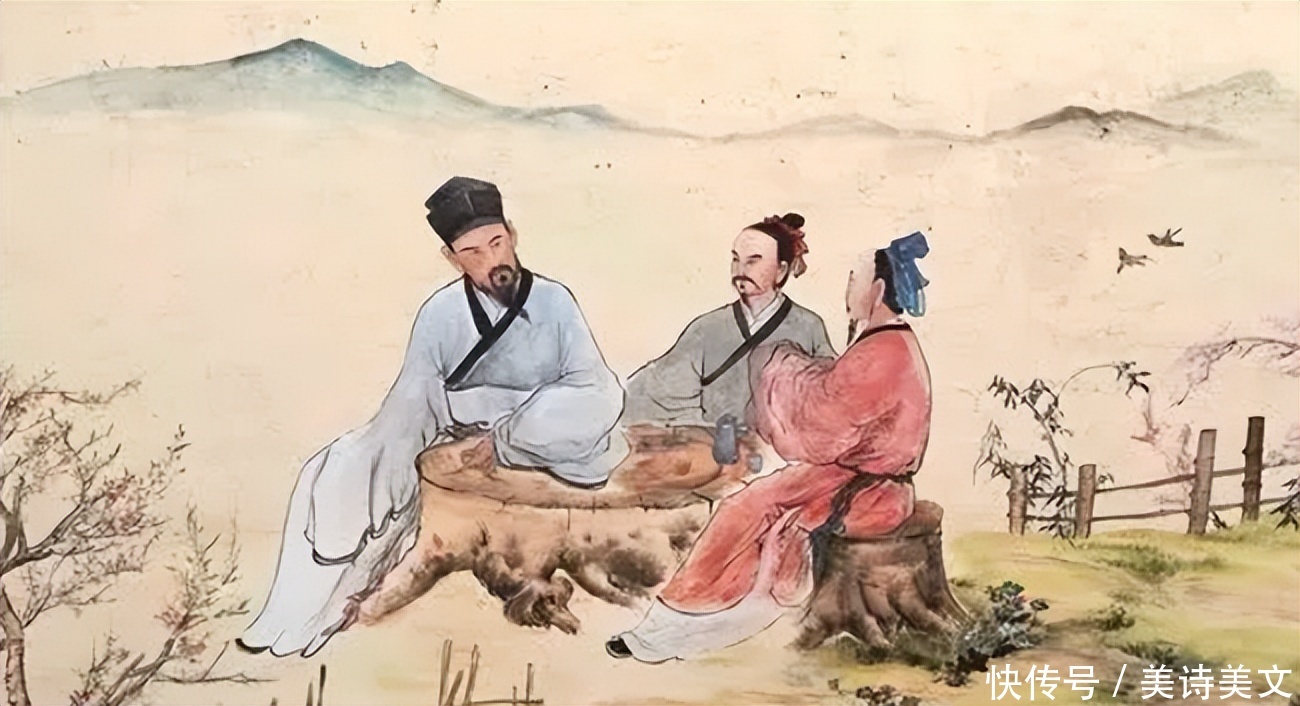
His wife Liu Shi was furious and wanted to beat him, but was hit by him. The family dissuaded him and finally decided to make him kneel.
Su Dongpo could not help but argue for his friend when he saw his friend like this. Who knows, his argument is adding fuel to the fire, making Liu Shi put all the responsibility of her husband’s bad learning on Su Dongpo’s body, and without saying a word, she will use a stick to drive Su Dongpo away.
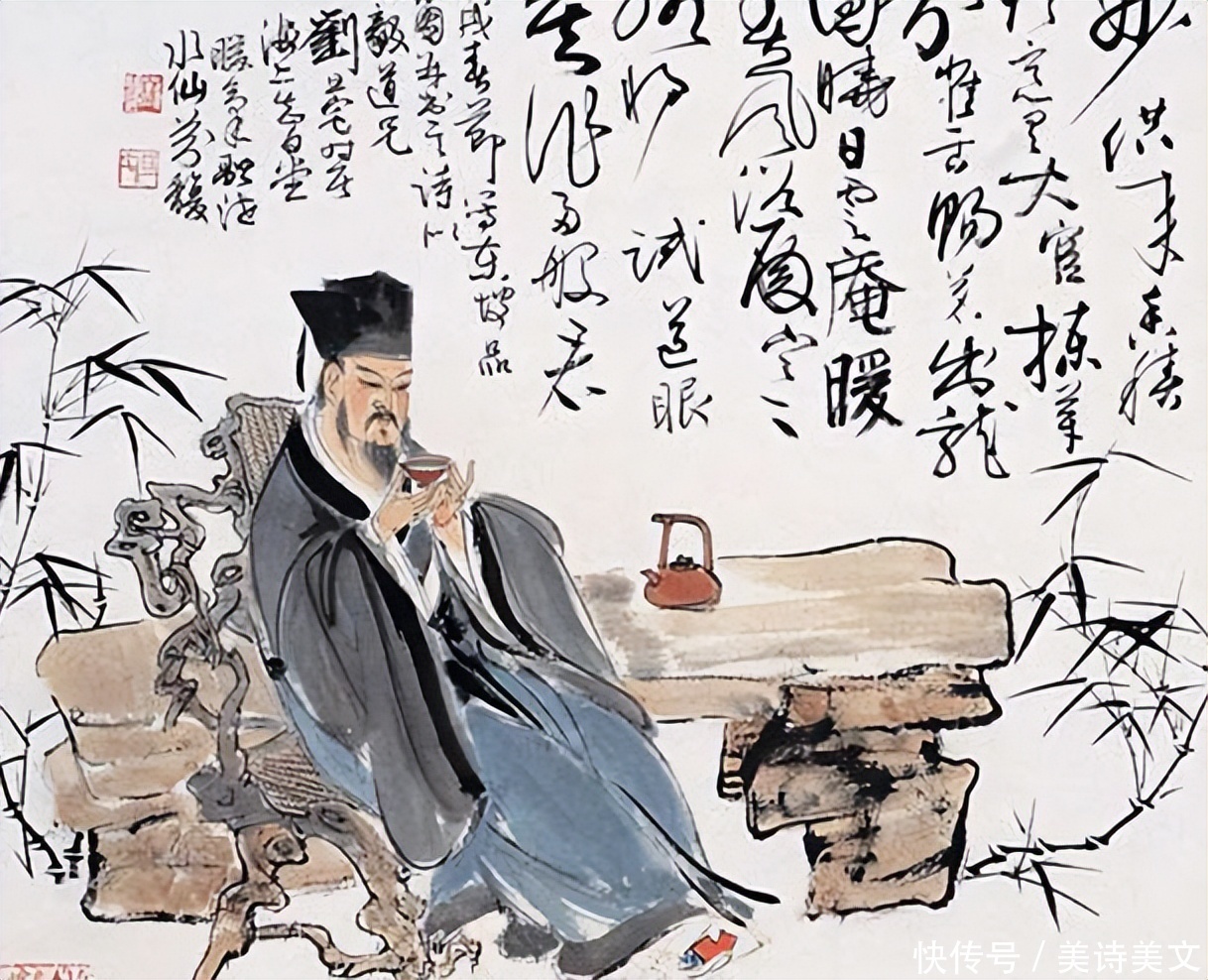
Su Dongpo’s generation of writers, where did he suffer such grievances? The more he thought about it, the more angry he became, so he angrily wrote a poem to ridicule his good friend “wife management is strict”:
“Send Wu Deren and Jian Chen Jichang”:
Mr. Dongpo has no money, ten Every year the house fires where lead is burned. Gold can become a river and can be plugged, only the frost on the temples has nothing to do with it.
Longqiu layman is also pitiful, talking about sleepless nights. Hearing the roar of the lion in Hedong suddenly, he was dazed when he dropped his stick.
Who is like the virtuous son of Puyang, who drinks and eats meat and is self-sufficient. In his life, he lived with nothing, and learned to forget his family’s Zen at home.
In front of the door, there are ten acres of fields, and the clear stream is surrounded by flowers. Xitang is drunk and unable to wake up, falling flowers like snow and spring breeze.
I traveled to Lanxi to visit Qingquan, and I have organized a green sock tour. Jishan is not an old man without He, I will go back to the wine boat on my own accord.
I hate you for not knowing Yan Pingyuan, and hate me for not knowing Yuanlu Mountain. They will meet on the copper camel street, shake hands and smile for three thousand years.
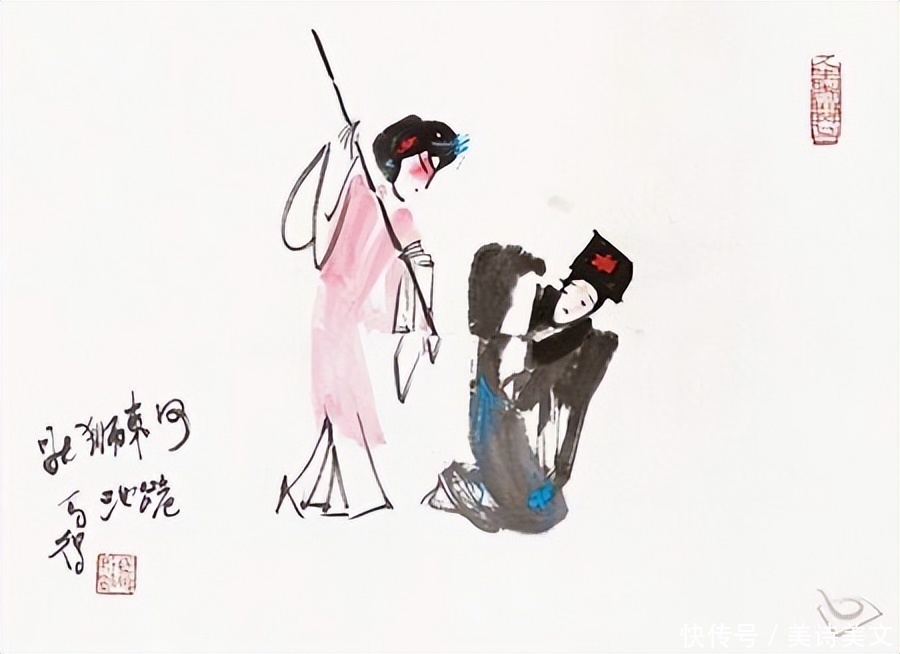
This is a seven-character ancient poem. When the first fourteen lines of this poem are ridiculed, they ridicule Song Shenzong and Wang Anshi for advocating external use of troops and internal reforms.
The author’s attack on the new law is obviously politically biased, but his basic attitude is to sympathize with the suffering of the people, and he also summarizes the social ills during Lu Huiqing’s reign. The twelve sentences of “Life” are self-deprecating, laughing at his difficult situation in Mississippi. The following sentences of “Old Man” are in response to Uncle Liu Xiao, indicating that he cannot go back to seclusion for the time being. The whole article has twenty-two rhymes and three hundred and eight characters, one rhyme to the end. Emotional and refined language add a majestic and somber tone to the poem.
As soon as this poem came out, everyone used it as a joke, but unexpectedly, an idiom became popular and spread for thousands of years. This idiom comes from “Longqiu layman is also pitiful, and he can’t sleep at night. Hearing the lion’s roar in the east of the river, he is dazed when he falls with his cane.”
These four poems make Chen Jichang’s portrayal of the situation in fear was superb. Although he did not mention Liu’s family, he portrayed Liu’s fierce character incisively and vividly. The idiom “The lion’s roar in the east of the river” has been popular for thousands of years.
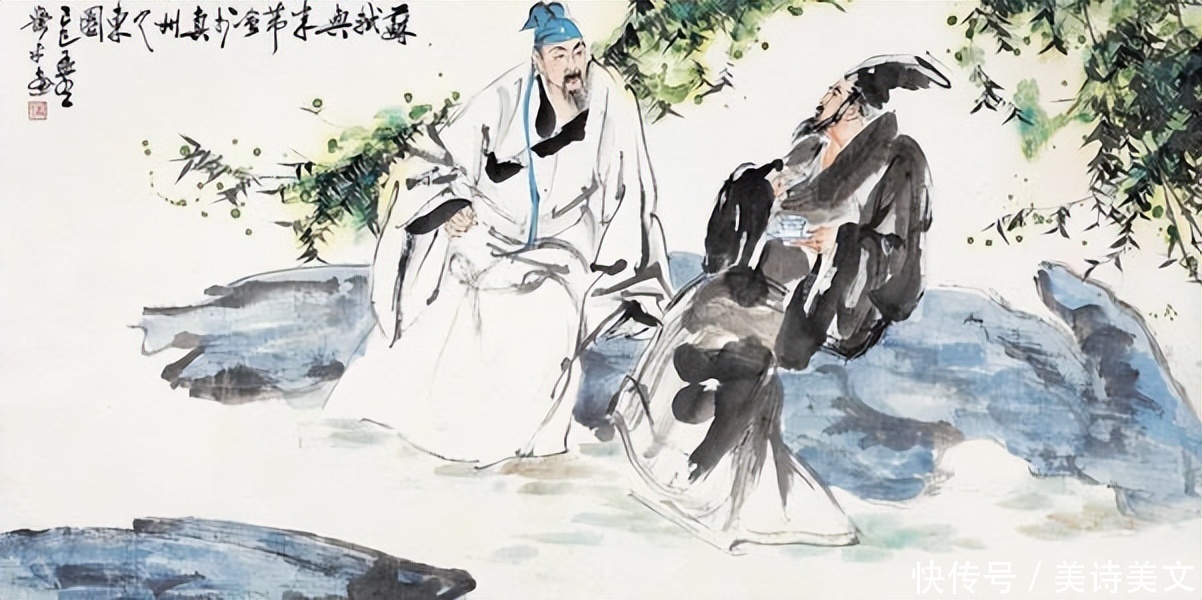
“Hedong Lion’s Roar”, It is often used to describe a woman’s majesty; “bewildered when the stick falls,” is often used to describe the dazed and at a loss when suddenly encountering a special situation or a blow. In the poem, Su Shi expresses his longing for Wu’s leisurely life. Whether it is his own study of Taoism or Chen Jichang’s Buddhist recitation, it is not as good as Wu’s free and easy.